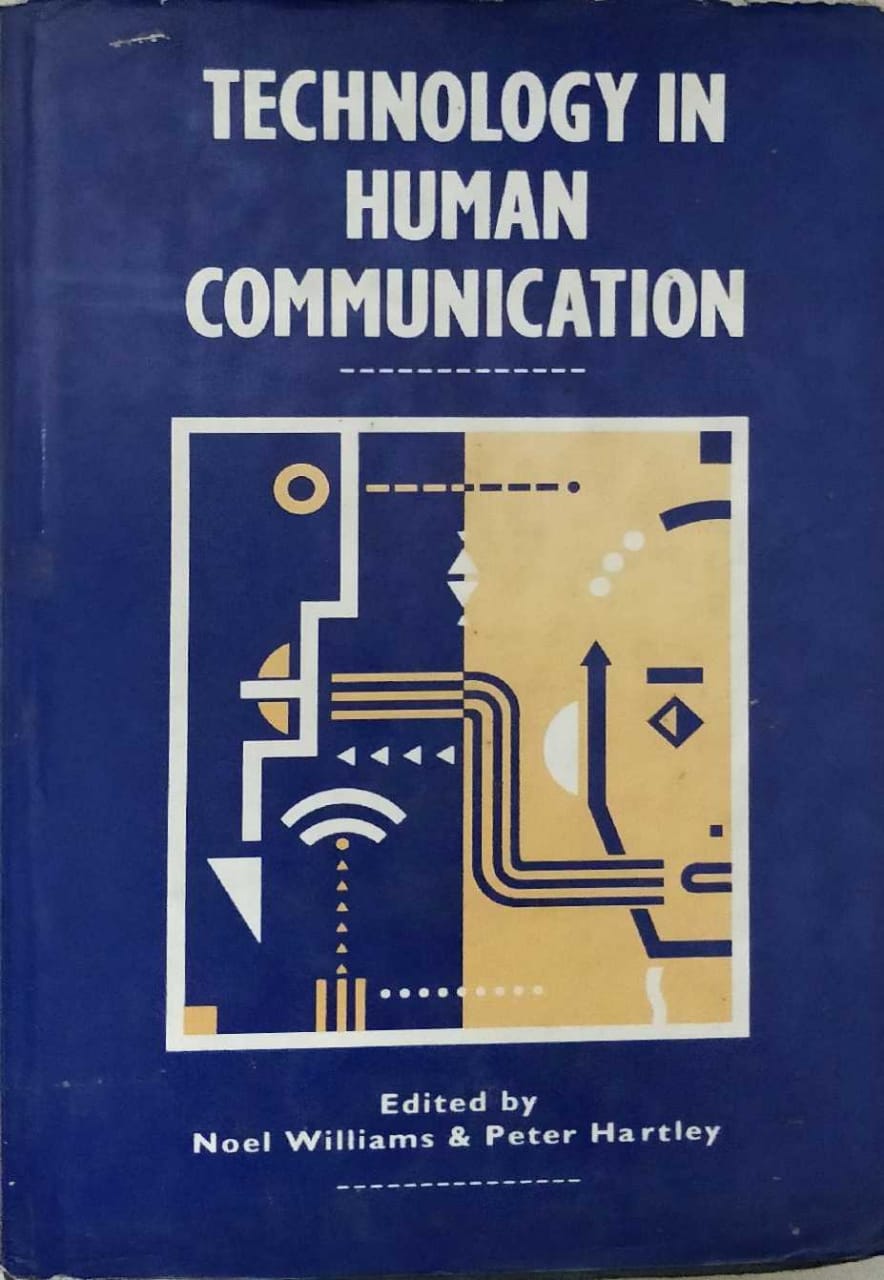- White Man Listen By Richard Wright
- White Man Listen Richard Wright Summary
- Man Accept
- White Man Listen Richard Wright Pdf
- White Man Listen Richard Wright Pdf
- White Man Listen Richard Wright Summary
by Ralph Dumain
Richard Wright's White Man, Listen! had more or less disappeared for decades from theAmerican scene since it originally appeared in the repressive 1950s. However, after thumbingthrough the book and stumbling upon certain passages at random, I am once again in awe of thecentrality of Richard Wright's intellectual role in the 20th century. It appears that Wright is onceagain the missing link to issues I've been concerned about but have not been generally faced. And I doubt very much that the new introduction by Cedric Robinson does justice to what is mostexciting and innovative about the book, i.e. that Wright has set himself up as the mediator bywhich the non-western world can see itself clear to entering modernity on an equal basis with theWest!
White man, listen!, Richard Wright, Greenwood Press, 1978, 330, 190 pages. DOWNLOAD HERE Black Looks: Race and Representation, Pages 61-77 Race and Representation, Bell Hooks, 1992, 200 pages. In these twelve essays, bell hooks. White Man, Listen! By Richard Wright Seller J. Mercurio Books, Maps, & Prints Published 1964 Condition Fine Edition 1st Edition Item Price $ 40.00. Description: Anchor. Add to Cart Buy Now Add to Wishlist. Item Price $ 40.00. White Man, Listen! By Wright, Richard Seller Arroyo Seco Books.
When you read this book by Wright, which I believe follows Pagan Spain chronologically,you will realize how useless academia has been in bringing us the message of what Wright was allabout, even now that it has rehabilitated his neglected oeuvre of the 1950s. Wright dedicates thebook to Eric Williams and the tragic elites of the colonized world who stood at a historicalcrossroads. Wright is a mediator primarily in a philosophical sense. In my short essay on individual identity (see first link at bottom of page), I asked how history's victims can place themselves in a historical progression that negates their traditional world-views. This is precisely the task that Wright set himself, as an advocate of modernism serving to mediate philosophically the process of decolonization and the appropriation of modernist values by history's victims. Wright sees the contradictions between the West's own savagery and the rationalist values that it engendered, and the paradox of the basis on which the semi-savage Europeans conquered the non-western world. As a modern, secular man who was also by virtue of his race excluded by the western world, Wright understood the paradoxes very well, and so understood the need of colonized peoples to fight their way out of subjugation as well as appropriate the best values of the modern West. The inhabitants of the non-western world, being as human as anyone, can also be understood in their behavior, contrary to the usual racialist thinking of the West, as admixtures of rational and irrational thought, and so the curious spectacles of irrational beliefs and practices getting mixed up with modern tendencies should not shock westerners, given the West's own history of savagery and superstition.
Also included in this omnibus edition are White Man, Listen!, a stirring collection of Wright's essays on race, politics, and other essential social concerns ('Deserves to be read with utmost seriousness'-New York Times), and The Color Curtain, an indispensable work urging the removal of the color barrier. It remains one of the key commentaries. Richard Wright (Author) 5.0 out of 5 stars 5 ratings. This bar-code number lets you verify that you're getting exactly the right version or edition of a book. The 13-digit and 10-digit formats both work. Scan an ISBN with your phone. Use the Amazon App to scan ISBNs and compare prices.

In the 1950s, Wright knew what he was dealing with, and there must have been those outside of the USA at least who knew what he was talking about. Isn't it curious, then, that a decade later, in the anti-western, anti-imperialist climate of the late 1960s, also coterminous with the Black Power movement, the ideologues of the time should have so totally neglected Wright's philosophical position even where it preserved the memory of his contributions on other fronts? Now Wright is resurrected in the ideological climate of postmodernism, which his philosophicalposition explicitly contradicts. One can predict what uses the liberal academic intellectuals willmake of him--the postcolonialists, the feminists, all the usual suspects. An intensive examinationof Wright will show up how useless they all are.
Note the chapter titles: The Psychological Reactions of Oppressed People, Tradition andIndustrialization, The Literature of the Negro in the United States, The Miracle of Nationalism inthe African Gold Coast. The chapter on African-American literature is very interesting in its ownright. Once again, Wright begins this book with a quote from William Blake (as well as one fromDylan Thomas).
The following gem of a quote reveals the philosophical difference that rendered the Black Powermovement incapable of absorbing the totality of Wright's perspective:
I feel constrained, however, to ask the reader to consider and remember mybackground. I'm a rootless man, but I'm neither psychologically distraught nor in anywise particularly perturbed because of it. Personally, I do not hankerafter, and seem not to need, as many emotional attachments, sustainingroots, or idealistic allegiances as most people. I declare unabashedlythat I like and even cherish the state of abandonment, of aloneness; itdoes not bother me; indeed, to me it seems the natural, inevitablecondition of man, and I welcome it. I can make myself at home almostanywhere on this earth and can, if I've a mind to and when I'm attracted toa landscape or a mood of life, easily sink myself into the most alien andwidely differing environments.
The prevalent mentality of the 1960s could not accept this rootless cosmopolitanism. This is theheart of the matter, but the paragraph continues:
I must confess that this is no personal achievement of mine; this attitude wasnever striven for. . . . [ellipsis is in original, unabridged text] I've been shaped to this mental stanceby the kind of experiences that I have fallen heir to. I say this neither in atone of apology nor to persuade the reader in my ideological direction, butto give him a hinting clue as to why certain ideas and values appeal to me more than others, andwhy certain perspectives are stressed in these speeches.
Recently a young woman asked me: 'But would your ideas make people happy?'And, before I was aware of what I was saying, I heard myself answering witha degree of frankness that I rarely, in deference to politeness, permitmyself in personal conversation: 'My dear, I do not deal in happiness; Ideal in meaning.'
(10 November 1999, edited and uploaded 28 June 2000) Download smart pss for mac version 1 11 1.
©2000 Ralph Dumain
White Man Listen By Richard Wright
Richard Wright Study Guide
(includes following links & more)
Lest We Forget—The Hidden History of the African-American Autodidact:
A Belated Tribute to Black History Month
Home Page | Site Map | What's New | Coming Attractions | Book News
Bibliography | Mini-Bibliographies | Study Guides | Special Sections
My Writings | Other Authors' Texts | Philosophical Quotations
Blogs | Images & Sounds | External Links
CONTACT Ralph Dumain
Uploaded 28 June 2000
©1999-2021 Ralph Dumain
White Man Listen Richard Wright Summary
Man Accept
47 ratings, 3.85 average rating, 6 reviewsWhite Man Listen Richard Wright Pdf
―
―

White Man Listen Richard Wright Pdf
White Man Listen Richard Wright Summary
All Quotes
Quotes By Richard Wright